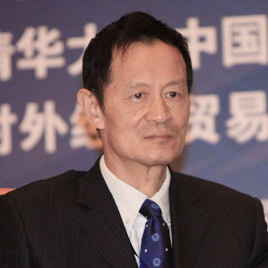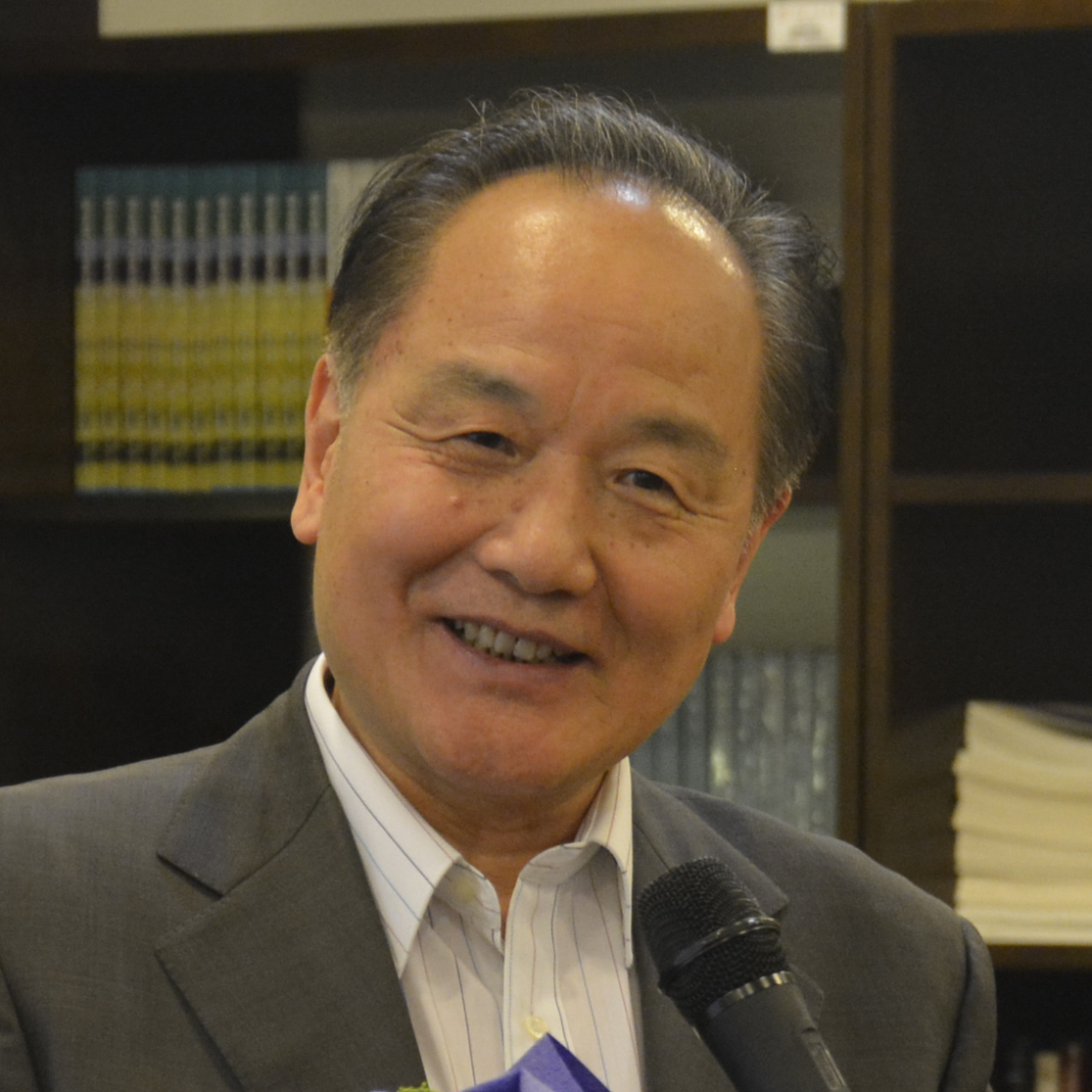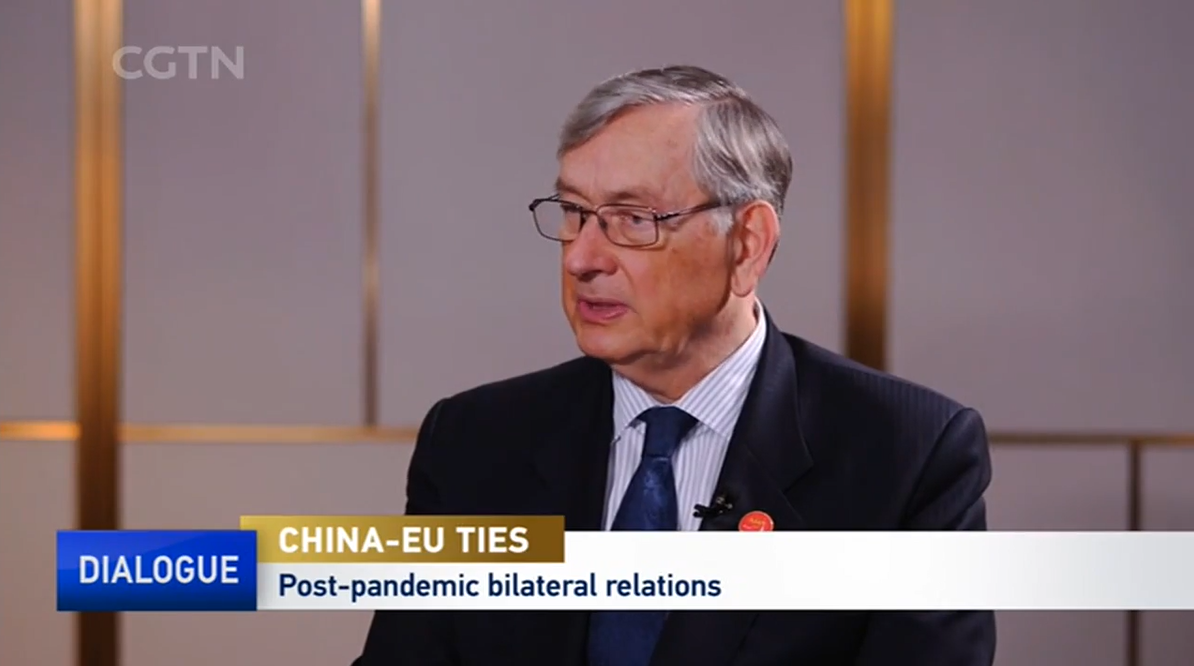Commentaries
Your Present Location: Teacher_Home> He Weiwen> CommentariesPossible currency war will hurt all Yuan’s decline not ‘manipulation'
Source: Global Times Published: 2018-7-23
China on Monday dismissed recent claims from US officials that suggested China has been deliberately devaluing its currency to gain advantage in exports, saying such accusations are baseless and could lead to a currency war that would further hurt both countries and the global economy.
Following the recent strengthening of the US dollar against the yuan, euro and other currencies and amid signs US' trade actions have failed to win concessions from China, US President Donald Trump resorted to an old, popular political talking point, which brands China a currency manipulator, fueling talk of a possible currency war between the world's two largest economies.
"We cannot rule out the possibility that China and the US will fight a financial war or currency war after the trade war. When it reaches that point, all tools would be used," Song Guoyou, director of Fudan University's Center for Economic Diplomacy, told the Global Times on Monday, adding that if the US follows through on all its threats, the trade war could spread to other areas. "If a currency war breaks out, it will definitely be destructive for all," Song said.
In an interview with US financial news channel CNBC aired on Thursday, Trump said that the yuan "is dropping like a rock," which puts the US at a disadvantage. The US president followed that comment with a pair of tweets, which explicitly called out China, the EU and others for "manipulating" their currencies.
In an apparent bid to calm the market, US Treasury Secretary Steven Mnuchin said on Friday that there would be no currency war, but added that "there's no question that the weakening of the currency creates an unfair advantage" for China, according to Reuters.
Song said Mnuchin does not "fully represent" Trump's view because "the most unpredictable part of the trade war is the behavior of Trump himself." Song added that Trump is "anxious" because the recent depreciation of the yuan could offset punitive tariffs on Chinese goods.
The yuan has been on a downward trend and has declined more than 7 percent since the end of March. As of late Monday, however, the yuan strengthened 0.19 percent to 6.7829 per dollar.
At a press briefing on Monday, Geng Shuang, a spokesperson for the Chinese Ministry of Foreign Affairs, pushed back against Trump's accusation, stressing that "the Chinese side has no intention to boost exports through competitive devaluation of the currency. That is the consistent position of the Chinese side."
The yuan's downward trend has been caused by a series of factors, including a strong US dollar boosted by US economic policies and US interest rate hikes, according to Lian Ping, chief economist at the Bank of Communications.
"There is no sign China is interfering with the yuan's exchange rate at the moment," Lian told the Global Times, adding the trade war initiated by the US has put pressure on the yuan.
"The general view is that by launching a trade war the US has put pressure on China. So it's not surprising that the market's bearish expectation for the yuan has further strengthened," causing a decline in its value, said Lian.
Trump's renewal of his long-held view of the yuan mostly serves a political purpose rather than an economic one, according to He Weiwen, a former economic and commercial counselor at the Chinese consulates in San Francisco and New York.
"In the US, branding China as a currency manipulator is about political correctness. [Trump] wants to make China a scapegoat," He told the Global Times.
He Weiwen is a senior fellow of Chongyang Institute for Financial Studies at Renmin University of China.

















































































 京公网安备 11010802037854号
京公网安备 11010802037854号





